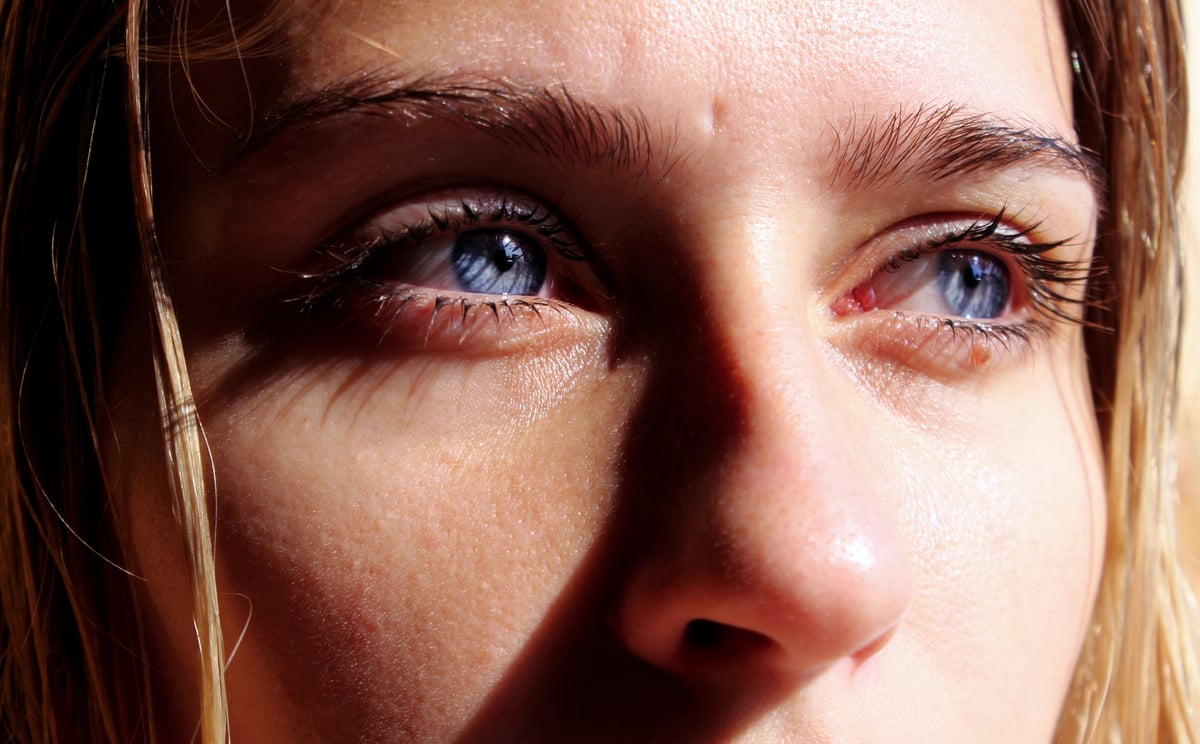
At Mamamia, we have a year-round commitment to highlighting the epidemic of domestic violence in Australia. During May, Domestic Violence Prevention Month, we will not only raise awareness of the personal impact of violence, but do our best to ensure victims have access to help, and encourage those who abuse to take responsibility and seek help for their behaviour.
This post discusses domestic violence and may be triggering for some readers.
Siba Abdelki, who has been a trauma-based counsellor for 15 years, has helped many people get through emotional suffering after the most devastating events life can bring. This includes sexual abuse, car accidents, loss of a loved one, and domestic violence. She is particularly passionate about helping people recover from family violence at her private practice Heart Centred Counselling.
The most common thing Siba hears survivors of domestic abuse say is, "I still love him."
"The emotional scars have been harder to heal than the physical."
Watch: Women and violence: the hidden numbers. Post continues after video.

Top Comments